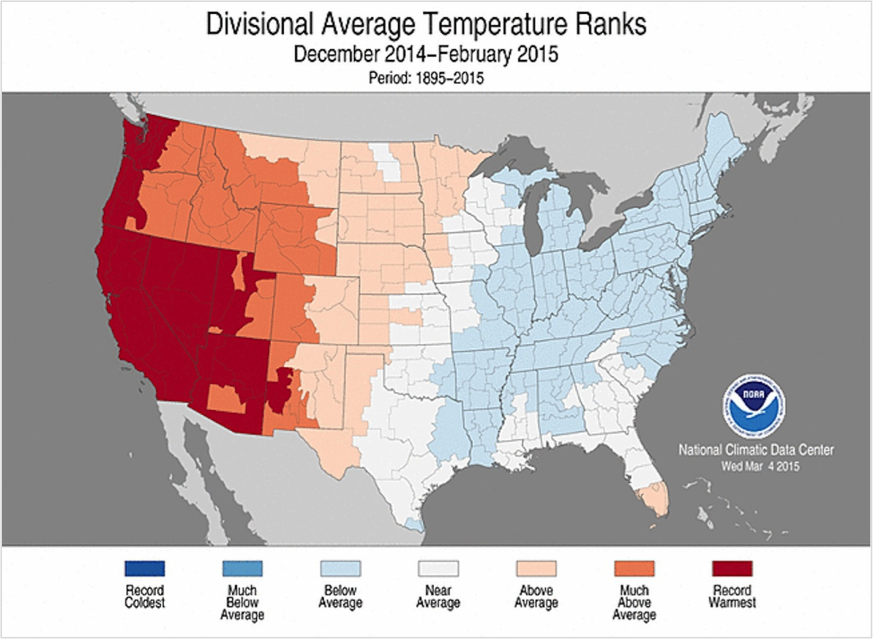- After an endless winter in the eastern half of the U.S. it’s no surprise that sales at Kimberly Clark, makers of Kleenex, had a banner year for sales. But the year isn’t over, and this spring and summer promise to bring out the tissue buyers in droves since it may be the worst allergy season in years. That’s according Tao Zheng, chief of the allergy and immunology section at Yale University School of Medicine. One reason for the heightened alert—the late spring is forcing simultaneous blooms of trees, flowers, bushes—a proliferation of different types of pollen. Zheng says birch, maple, box elder, oak, juniper, cedar, and pine trees in particular can trigger allergy symptoms. If you’re really suffering, here’s what Yale University recommends:
- Keep windows closed during pollen season, especially during the day
- Stay indoors during midday and afternoon hours when pollen counts are highest
- Take a shower, wash hair, and change clothing after working or playing outdoors to remove allergens that collect on clothes and hair
- Wear a mask when doing outdoor chores like mowing the lawn

- Can a simple liquid drop replace those dreaded weekly allergy shots? Johns Hopkins seems to think so. The drops sound yucky—purified grasses, dust mites, pollen and even ragweed concentrated in liquid form and placed under the tongue. “Our findings are clear evidence that sublingual immunotherapy in the form of allergy drops is an effective potential treatment option for millions of Americans suffering from allergic asthma and allergic rhino-conjunctivitis,” says senior investigator Sandra Lin, an associate professor of otolaryngology–head and neck surgery at the Johns Hopkins University School of Medicine. Lin says that about 40 percent of Americans suffer from some form of allergic rhinitis or allergic asthma. See Johns Hopkins University-Original Study
- Speaking of those disgusting little creatures called dust mites, turns out they’re world travelers. A study from the University of Michigan claims your seat on that airplane is more crowded than you think with all manner of microscopic creatures—and that includes first and business class. You could spray your seat with any number of anti-dust mite, bed bug or other products, but of course you wouldn’t be allowed to carry it on the plane—and the Anti-allergen powder used for rugs would probably trigger the Air Marshall or worse. You could be seen as spewing Anthrax on or some other deadly chemical powder on your seat. No, best to clench your teeth and let the little creatures have their day. Of course if they can infest airplane seats, what could they do to in a movie theater or other public venue? See University of Michigan-Original Study
- A review of a series of studies on probiotics by Vanderbilt University found that the microorganisms found in some foods such as yoghurt might actually help allergy sufferers – the sneezy, wheezy, itchy kind. A new study, published online in the journal International Forum of Allergy & Rhinology, is “a systematic review where basically we just searched the medical literature for all studies that have evaluated treatment of allergic rhinitis with probiotics,” said lead author Justin Turner. But don’t flush your Benadryl yet…. Turner cautions that the results are too iffy to count on. See Vanderbilt University-Original Study
- The rise in peanut allergies could be attributed to a mistaken attempt at prevention. Parents worried about their babies and toddlers having a bad reaction to peanuts are simply cutting the wily legume out of their kids’ diets. But by not introducing peanuts to babies early on, the child is far more likely to become allergic. The University of Southampton in Britain found an 80 percent reduction in kids who ate peanut-containing foods three or more times a week until age five. Peanut allergies have more than doubled in the UK and North America over the past decade. See University of Southampton-Original Study
Top Reads from The Fiscal Times:


